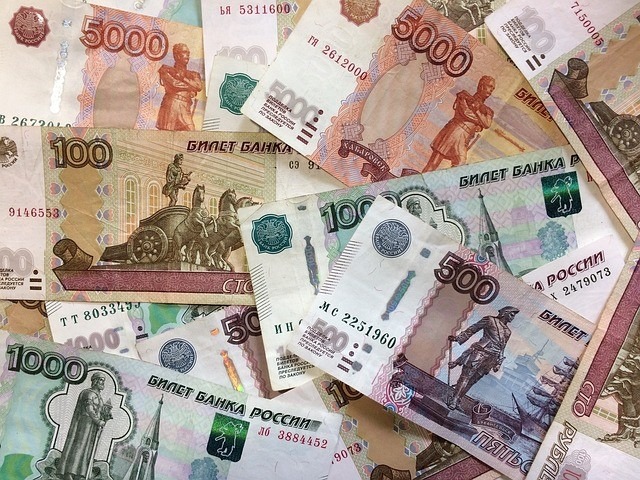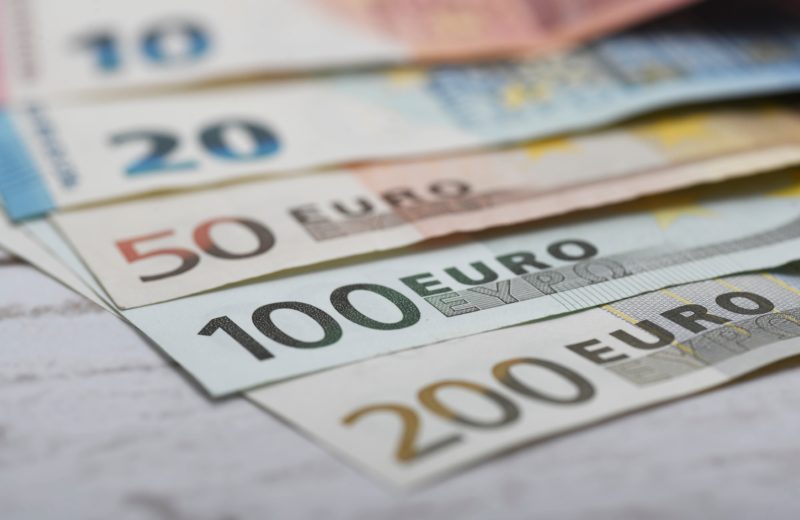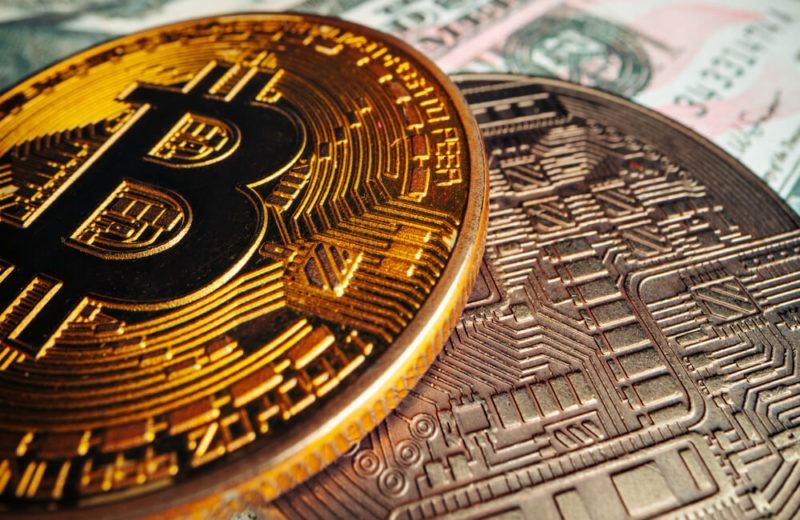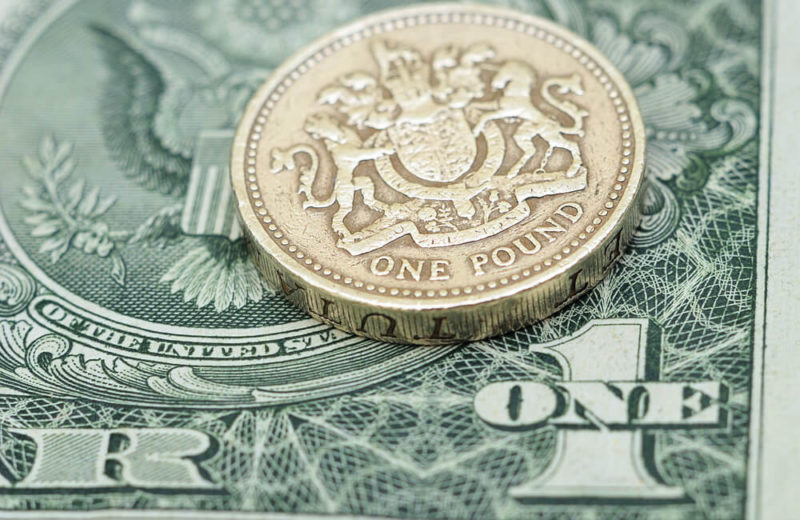In a groundbreaking move, Russian legislators are advocating for the Central Bank to overhaul its approach to the digital ruble. Shifting gears from the retail-focused model, these policymakers are pushing for a wholesale version of the digital currency. This initiative, backed by three influential State Duma committees, could redefine the way businesses and financial institutions handle interbank transactions in Russia.
The Central Bank’s initial plan favored a retail model, launching pilots in 11 cities, including Moscow and Yekaterinburg, to cater to unbanked citizens and offer a cash alternative in remote areas. However, the lawmakers’ new proposal aims to pivot towards a wholesale model, potentially enhancing Russia’s economic flexibility and adaptability. They argue that this shift could position Russia ahead of international competitors in the digital currency space.
At the heart of this initiative is the potential to counter Western-led sanctions. The proposed wholesale digital ruble could diminish Russia’s reliance on Western payment systems, offering an innovative solution for cross-border payments. This could significantly bolster trade relationships, especially with BRICS nations and Russian allies, enhancing the nation’s economic strength and autonomy in the global arena.
The proposed transition by Russian policymakers towards a wholesale digital ruble represents a major strategic shift with far-reaching implications. This move is not just about adopting a new technology; it’s a bold step towards redefining Russia’s economic framework and its position in the global market. By embracing a wholesale digital currency model, Russia aims to enhance its financial infrastructure, making it more efficient and resilient, especially in the face of international sanctions and geopolitical challenges.
Benefits of Digital Ruble
This shift could significantly impact how Russia engages in international trade. With a wholesale digital ruble, Russia might streamline its banking processes, facilitating smoother and faster transactions between businesses and financial institutions. This efficiency could attract more international trade partners, especially those seeking alternatives to the traditional Western-dominated financial systems.
Moreover, this initiative reflects Russia’s ambition to become a frontrunner in the evolving landscape of digital currencies. While many nations are still experimenting with digital currencies, Russia’s move towards a wholesale model could set a precedent, potentially influencing the approach of other countries towards their own digital currency projects.
In essence, the adoption of a wholesale digital ruble model could be a game-changer for Russia, offering a new tool to navigate the complexities of the modern financial world. This could not only reshape its own economy but also affect the dynamics of international trade and digital currency adoption globally.
















